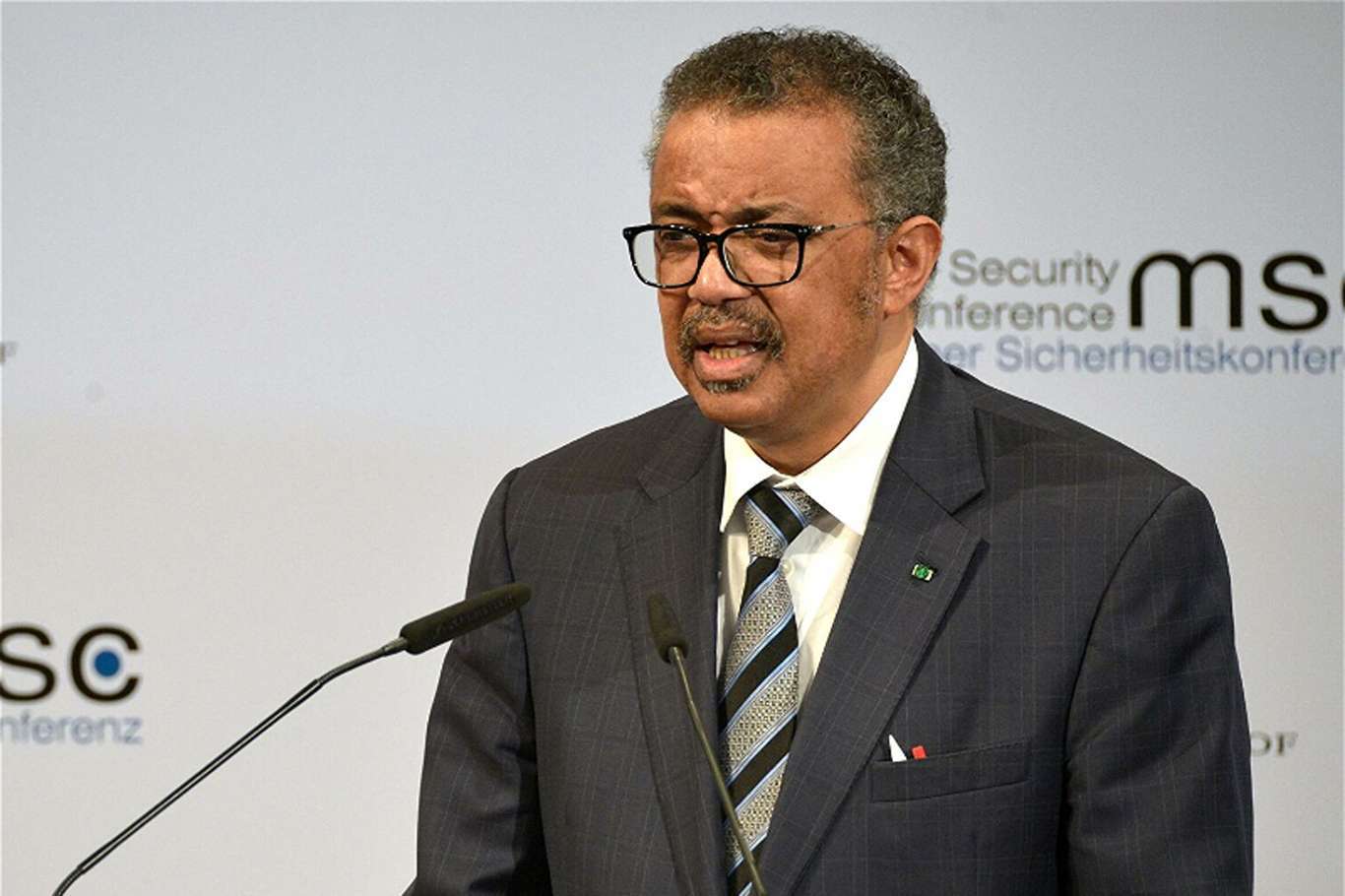WHO chief visits Afghanistan to meet with Taliban officials


Dr. Tedros Adhanom Ghebreyesus, Director-General of the World Health Organization (WHO) arrived in Kabul on Monday.
Ghebreyesus is set to meet with Taliban leadership, including Prime Minister Mullah Hasan Akhund, his deputy Mullah Baradar, as well as other officials.
“I'm in Afghanistan, with the WHO Regional Office for the Eastern Mediterranean Director Ahmed Al Mandhari. Protecting the health of the Afghan people is of the utmost priority for WHO. We will visit health facilities meet with WHO Afghanistan staff, health workers, and Taliban leadership on these vital issues,” Ghebreyesus tweeted. (ILKHA)
I'm in #Afghanistan, with @WHOEMRO Director Ahmed Al Mandhari. Protecting the health of the Afghan people is of the utmost priority for @WHO. We will visit health facilities meet with @WHOAfghanistan staff, health workers, and Taliban leadership on these vital issues. pic.twitter.com/O62S9vfqrs
LEGAL WARNING: All rights of the published news, photos and videos are reserved by İlke Haber Ajansı Basın Yayın San. Trade A.Ş. Under no circumstances can all or part of the news, photos and videos be used without a written contract or subscription.
Iranian Foreign Minister Abbas Araghchi has strongly condemned reported threats by the United States to use force against Venezuela, describing them as a blatant violation of international law, the United Nations Charter, and a serious threat to regional and global peace.
The World Health Organization (WHO) has warned that more than 100,000 children and at least 37,000 pregnant and breastfeeding women in the Gaza Strip are projected to suffer from acute malnutrition by April 2026, as the humanitarian catastrophe deepens amid ongoing restrictions and the risk of renewed conflict.
A major manhunt is underway in South Africa after at least nine people were killed and ten others injured in a mass shooting at a tavern in the Bekkersdal township, southwest of Johannesburg, police confirmed on Sunday.
Türkiye’s Ministry of National Defense has commemorated the victims of the “Bloody Christmas” attacks carried out against Turkish Cypriots on December 21, 1963, by the Greek Cypriot terror organization EOKA, honoring their memory with respect and remembrance.